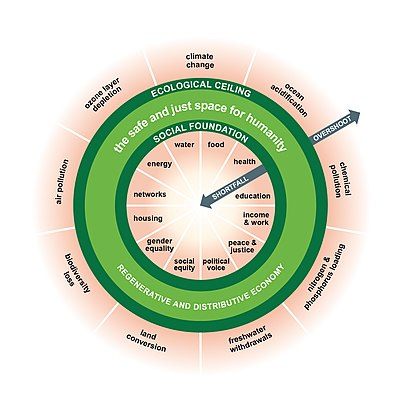#10: Economics, Systems, and Examining our Lives

What do you do when you feel stuck? When you feel that time is ticking, but you’re disappointed with the present?
One powerful action is to examine your life. What are your goals? What relationships do you have? Are those relationships helping you further your goals?
Oddly enough, our education system doesn’t teach us how to examine our lives. It’s usually only when you begin studying philosophy, religion, or spirituality, do you gain the skill set for living an examined life, for living a good life.
If we’re not teaching our children how to examine their lives and make change, how can we expect adults to create change in society?
Antiquated, legacy mindsets plague our lives
I remember sitting in high school economics learning about Adam Smith, the man who created the concept of the invisible hand, a metaphor that has wrecked damage on the mindset of generations. The invisible hand claims that individuals, left to their own volition, to act selfishly, will make decisions that unintentionally result in greater social benefits and public good. This is preposterous! It’s almost as preposterous as another one of Adam Smith’s concepts, competitive advantage, the idea that nations should produce only the goods and services that they are good at. Yikes! Competitive advantage actually results in monopolies and trade wars.
This antiquated, selfish, approach from economics that we were all taught in school, bleeds into our lives. I’ll illustrate with a personal example. When I was working as a Consultant, I had a manager who was very concerned about team efficiency. He told each team member that they should focus only on the tasks that they are good at. Unbeknownst to me then, this man must have internalized the teachings of Adam Smith. Apparently, he wanted his team to be run like a 19th century factory machine, rather than a group of creative human beings.
Circling back to Adam Smith, it’s unfair to cast too much blame on the dead economist. I would be remiss to be blinded by presentism bias, ignoring the contextual analogues of Adam Smith’s time. However, now that society has matured, it’s time for dissenting voices to speak up and create change.
How to create change
Of course, the best way to create lasting change is to start with children. Schools should empower children to examine their lives, teaching them about systems theory, starting with the system of their own body. No one should have to feel stuck for a long period of time. Children should be taught to value self-reflection and be given the mental toolkit for making change in their own lives and in society.
On a policy level, we should be placing people with new paradigms in positions of power and public visibility. As Donella Meadows writes in the book, Thinking in Systems,
we should not be wasting time with reactionaries; rather, work with active change agents and the vast middle ground of people who are open-minded.
Sorry, Adam Smith, but we should not be electing your disciples to positions of power.
We should also be thinking better about economics, ditching our old mindset of optimizing for growth and GDP, recognizing that infinite growth is not possible in a world limited by finite resources, and this thinking will only result in a winner/loser binary, and unintended consequences like environmental damage. A better way of approaching economics is through Doughnut, a framework created by economist Kate Raworth, to model an economy where people’s needs are met, without overshooting the ecological ceiling of the world’s finite resources.
We should also not forget to be mindful of the unintended consequences of the new systems we create, and the changes we make in our existing systems. A movement that I follow closely Ethical Tech, led by Tristan Harris, founder of The Center for Humane Technology, and also featured in the docudrama The Social Dilemma, explores the dark side of technology, and offers a great starting point for understanding how things that may have started as externalities, become major problems that affect humanity.
Finally, we should trust the goodness of humanity, and remember that there are many people in the world who are working on positive change; and, we can be positive change agents ourselves, through self-reflection, examination, and intentional acting.
Resources
Donella Meadows, Thinking in Systems
Leverage Points Places to Intervene in a System
Musica 🪕🎺
Eclectic tunes for your weekend - enjoy!


